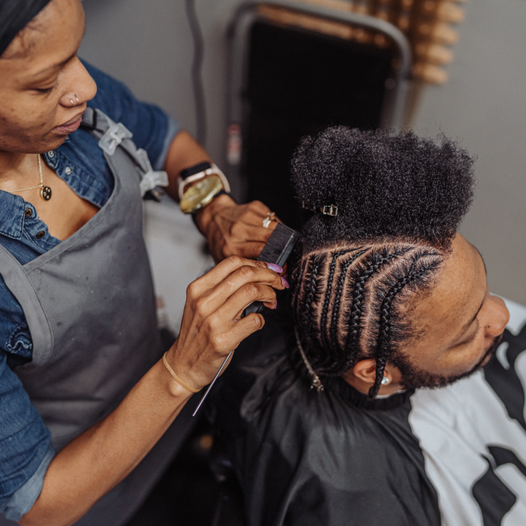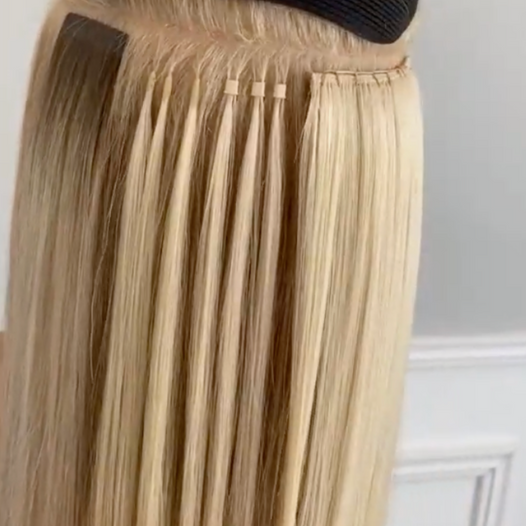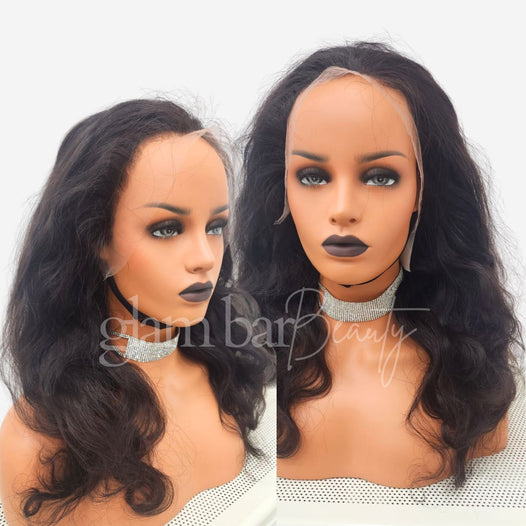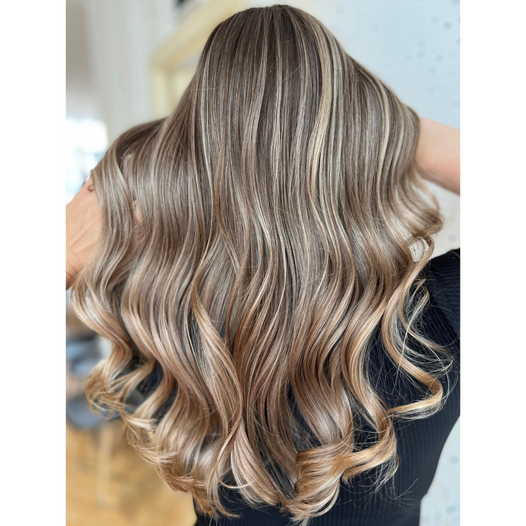
How to Prevent and Get Rid of Dandruff

Dandruff is a common scalp condition that can be both frustrating and embarrassing. It manifests as white or grey flakes of dead skin in your hair and on your shoulders, often accompanied by itching and irritation. Fortunately, dandruff can be effectively managed with the right approach. This article outlines the best strategies for preventing and getting rid of dandruff, from using specialized shampoos to making lifestyle changes.
-
Use an Anti-Dandruff Shampoo
One of the most effective ways to combat dandruff is by using an over-the-counter anti-dandruff shampoo. These shampoos contain active ingredients designed to target the root causes of dandruff, such as fungal growth, excess oil production, and rapid skin cell turnover.
Choose the Right Shampoo: Look for shampoos with ingredients like zinc pyrithione, selenium sulfide, ketoconazole, or salicylic acid. These ingredients work by reducing fungal populations, controlling oil production, and exfoliating dead skin cells.
Regular Washing: Shampoo your hair regularly, ideally 2-3 times per week, to keep your scalp clean and to minimize flaking. If your hair is oily, more frequent washing may be necessary.
Let the Shampoo Work: For best results, leave the shampoo on your scalp for at least 5 minutes before rinsing. This allows the active ingredients to penetrate the scalp and work effectively.
-
Maintain Good Scalp Hygiene
Proper scalp hygiene is essential for preventing dandruff. Simple habits can make a big difference in managing this condition.
Brush Your Hair Daily: Brushing helps to distribute natural oils evenly across the scalp, preventing oil buildup in specific areas.
Limit Hair Product Use: Excessive use of styling products like gels, sprays, and mousses can lead to product buildup on the scalp, causing irritation and dandruff. Use these products sparingly and ensure they are thoroughly washed out.
-
Keep the Scalp Moisturized
Dryness can exacerbate dandruff, so keeping your scalp moisturized is crucial.
Condition After Shampooing: After using an anti-dandruff shampoo, apply a moisturizing conditioner to prevent your scalp from becoming too dry.
Use Natural Oils: Applying natural oils like coconut oil or tea tree oil can help maintain scalp moisture. Tea tree oil also has antifungal properties, making it particularly effective against dandruff.
-
Lifestyle and Dietary Changes
Your overall lifestyle and diet play a significant role in the health of your scalp.
Manage Stress: Stress can trigger or worsen dandruff by affecting hormonal balance and immune response. Engage in stress-reducing activities like yoga, meditation, or regular exercise.
Eat a Balanced Diet: A diet rich in vitamins and minerals, especially zinc and B vitamins, is essential for healthy skin. Omega-3 fatty acids, found in fish, flaxseeds, and walnuts, also support scalp health.
Stay Hydrated: Drinking plenty of water keeps your skin and scalp hydrated, reducing the risk of dandruff.
-
Avoid Triggers
Identifying and avoiding factors that irritate your scalp can help prevent dandruff flare-ups.
Limit Hair Irritants: Avoid hair care products that contain harsh chemicals, strong fragrances, or alcohol, as they can irritate the scalp and worsen dandruff.
Protect Your Scalp from Extreme Conditions: Cold, dry air can aggravate dandruff. During winter, consider using a humidifier indoors and wearing a hat outdoors to protect your scalp.
-
Consult a Dermatologist for Persistent Cases
If over-the-counter treatments and home remedies don’t improve your dandruff, it may be time to seek professional help.
Seek Professional Advice: A dermatologist can prescribe stronger medicated shampoos or topical treatments like corticosteroids or antifungal creams for more persistent cases of dandruff.
-
Try Home Remedies
In addition to commercial treatments, some home remedies can help manage dandruff.
Apple Cider Vinegar: Diluted apple cider vinegar can be used as a scalp rinse to help reduce dandruff. Its acidic nature helps restore the scalp’s pH balance and inhibit the growth of yeast.
Aloe Vera: Applying aloe vera gel to the scalp can soothe irritation and reduce dandruff due to its moisturizing and anti-inflammatory properties.
Baking Soda: Baking soda acts as a gentle exfoliant, helping to remove flakes and reduce fungal growth on the scalp.
Preventing and getting rid of dandruff requires a combination of good scalp care, the use of effective products, and healthy lifestyle habits. By choosing the right anti-dandruff shampoo, maintaining proper scalp hygiene, moisturizing regularly, and making thoughtful dietary choices, you can keep dandruff at bay. For more persistent cases, consulting a dermatologist may be necessary. With the right approach, you can achieve a flake-free, healthy scalp and enjoy greater comfort and confidence.









Leave a comment